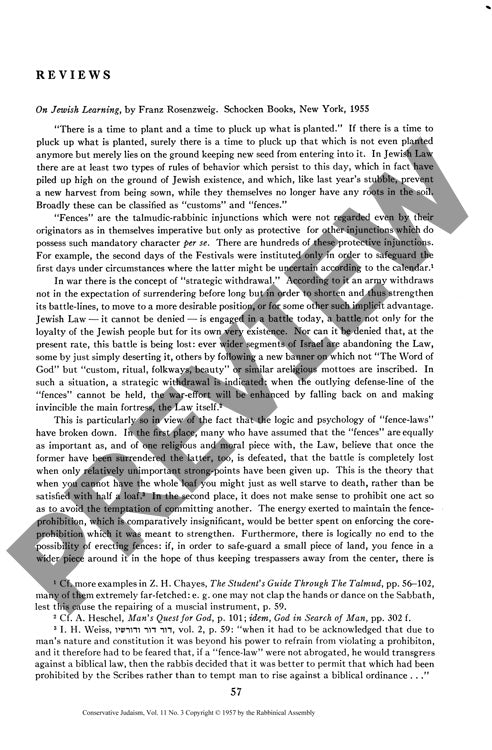Reviews
Couldn't load pickup availability
Jewish law faces a critical paradox: how can ancient legal traditions maintain relevance and authority while adapting to modern life? Franz Rosenzweig's "On Jewish Learning" proposes radical solutions by distinguishing divine commandments (mitzvot) from human-made law (halakha), but his existentialist approach creates new theological challenges. Through critical analysis of Rosenzweig's writings and traditional rabbinic perspectives, this research identifies two major barriers to contemporary Jewish observance: outdated protective rabbinic injunctions ("fences") and customs mistakenly elevated to divine status. While Rosenzweig attempts to revitalize Jewish practice by emphasizing individual revelation and personal capacity for observance, his framework - shared with Martin Buber - introduces a dangerous subjectivism that undermines halakha's objective authority. The findings reveal that although strategic pruning of obsolete protective measures and accumulated customs may be necessary, Rosenzweig's reliance on individual revelatory experience as the basis for legal obligation threatens the communal nature of Jewish law. Ultimately, sustainable halakhic reform must preserve the divine authority of core Jewish law while carefully distinguishing it from later additions - a balance Rosenzweig's individualistic approach fails to achieve.

More Information
-
Physical Description
-
Publication Information
Published 1957
ISBN
-
Publication Credits

